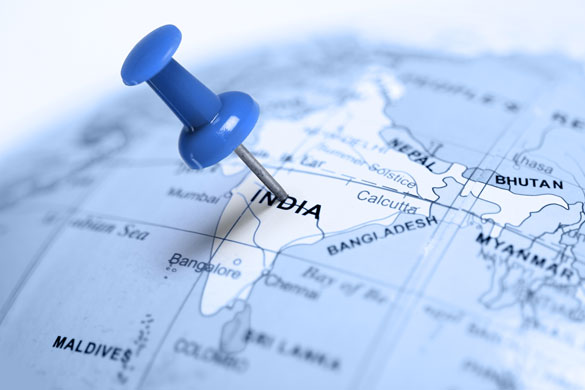India appeals WTO compliance panel ruling on hot-rolled carbon steel subsidies
It looks like India is not going to give up its fight with the U.S. and the WTO so easily.
Looking for metal price forecasting and data analysis in one easy-to-use platform? Inquire about MetalMiner Insights today!
But first, the original story.
Last week, adjudicators of the World Trade Organization (WTO) rejected most of India’s claims related to its stance that the U.S. was not respecting an earlier WTO ruling related to anti-subsidy duties on Indian steel.
This has been a very convoluted trade case.
India’s contention was that the U.S. had failed to conform with an April 2016 deadline to fall in line with a previous WTO decision related to the U.S.’s imposition of countervailing duties on hot-rolled carbon steel products from India.
A few days ago, when the WTO panel rejected most of India’s complaints, it did accept that the U.S. needed to bring a legislative provision into line with WTO rules, marking a minor victory for India.
But India has decided to take the fight into a new round.
India filed an appeal Tuesday against the WTO panel report. An official statement by the Indian government said India had filed a plea concerning the WTO panel report in the case brought by the United States in “India — Export Related Measures.”
The WTO panel had backed the U.S. in many of its claims against export promotion measures adopted by India. Among those included the Merchandise Export from India Scheme (MEIS) and the Export Promotion Capital Goods (EPCG) scheme, the Hindu Business Line reported.
The WTO panel has also recommended that India should withdraw the “prohibited subsidies” under the EOU/EHTP/BTP Schemes, EPCG Scheme, and MEIS within 120 days from adoption of the report.
According to the Al Jazeera report, India had originally filed a complaint before the WTO in 2012 because the U.S. Department of Commerce had imposed an import duty of nearly 286% on a circular welded carbon-quality steel pipe product from India. The Commerce Department had done so after receiving a petition from Allied Tube & Conduit, JMC Steel Group, Wheatland Tube and United States Steel Corp.
In 2014, the WTO ruled the U.S. measures had breached global trade rules. The two parties agreed the U.S. would comply with that ruling by 2016.
After the expiry of the 2016 deadline, India had once again complained to the WTO that the U.S. had defaulted as the deadline had passed. India’s argument was that the market set the price of the steel pipe; however, the U.S. said the iron ore used to make it came from a state-run mining firm — the National Mineral Development Corporation — effectively constituting subsidization of Indian exporters.
Need buying strategies for steel? Request your two-month free trial of MetalMiner’s Outlook
Last week, a WTO compliance panel issued a report largely supporting the U.S.’s stance. Now, the issue continues with India’s appeal of the report.




Leave a Reply